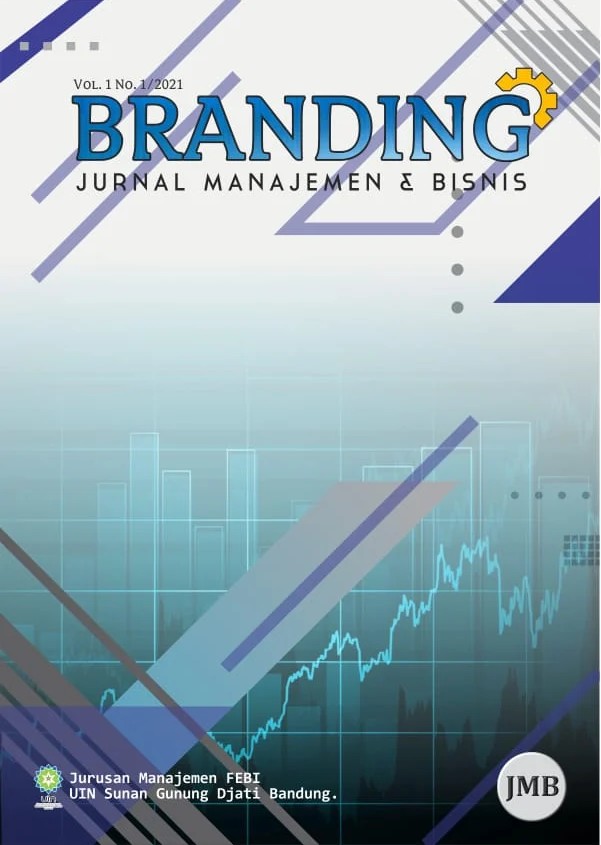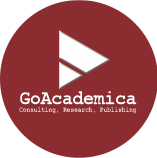GREEN MARKETING AS A STRATEGY TO DRIVE THE TRANSFORMATION OF CONVENTIONAL TOURISM TO SUSTAINABLE TOURISM
DOI:
https://doi.org/10.15575/jb.v4i1.45449Abstract
Conventional tourism faces major challenges in addressing increasingly pressing environmental issues amidst growing global awareness of sustainability. Shifting tourist preferences that are more concerned with social and ecological impacts are driving changes in the way destinations are promoted and consumed. In this context, green marketing strategies emerge as an important approach in directing the transformation of the tourism sector towards sustainability. This study aims to analyze how green marketing strategies can drive the transformation of conventional tourism towards a more sustainable direction. This study uses a qualitative approach by relying on literature studies from various reliable and relevant sources. The data obtained are analyzed to identify effective green communication patterns and strategies in the context of tourism. The study's results indicate that the effectiveness of green marketing depends on the ability of business actors to convey sustainability messages authentically and consistently to the public. Collaboration between the government, business actors, and local communities is an important foundation for strengthening the sustainability narrative in tourist destinations. Therefore, green marketing is not only positioned as a promotional tool, but also as a catalyst for structural change in the tourism industry system and practices as a whole.
References
Alamineh, G. A., Hussein, J. W., Mulu, Y. E., & Taddesse, B. (2023). The negative cultural impact of tourism and its implication on sustainable development in Amhara Regional State. Cogent Arts & Humanities, 10(1), 2224597.
Amoako, G. K., Dzogbenuku, R. K., Doe, J., & Adjaison, G. K. (2022). Green marketing and the SDGs: emerging market perspective. Marketing Intelligence & Planning, 40(3), 310-327.
Correia, E., Sousa, S., Viseu, C., & Larguinho, M. (2023). Analysing the influence of green marketing communication in consumers’ green purchase behaviour. International Journal of Environmental Research and Public Health, 20(2), 1356.
Cosa, M. (2024). Business digital transformation: strategy adaptation, communication and future agenda. Journal of Strategy and Management, 17(2), 244-259.
Elgammal, I. (2022). What if the local community is already well-off enough? Stakeholders’ conflicts over sustainable tourism development in remote communities. Journal of Place Management and Development, 15(4), 493-510.
Esquivias, M. A., Sugiharti, L., Rohmawati, H., Setyorani, B., & Anindito, A. (2021). Tourism demand in indonesia: Implications in a post-pandemic period. Geo Journal of Tourism and Geosites, 37(3), 951-958.
Font, X., English, R., Gkritzali, A., & Tian, W. S. (2021). Value co-creation in sustainable tourism: A service-dominant logic approach. Tourism Management, 82, 104200.
Downloads
Published
How to Cite
Issue
Section
Citation Check
License

This work is licensed under a Creative Commons Attribution-ShareAlike 4.0 International License.

This work is licensed under a Creative Commons Attribution-ShareAlike 4.0 International License.
















